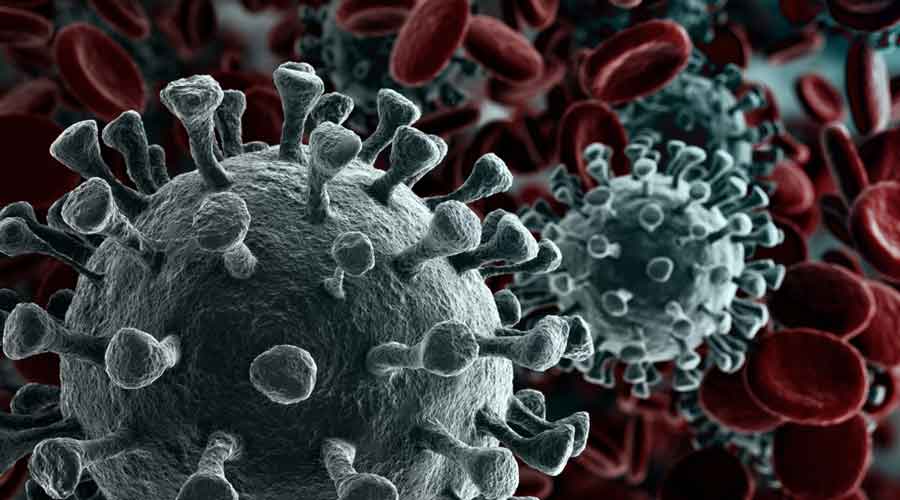People who are obese may be more susceptible to severe COVID-19 because of a poorer inflammatory immune response, according to a study.
The research, published in the American Journal of Respiratory and Critical Care Medicine, found that following SARS-CoV-2 infection, cells in the lining of the lungs, nasal cells, and immune cells in the blood show a blunted inflammatory response in obese patients, producing suboptimal levels of molecules needed to fight the infection.
While some people have very mild -- or even no -- symptoms due to COVID-19, others have much more severe symptoms, including acute respiratory distress syndrome requiring ventilator support.
One of the major risk factors for severe COVID-19 is obesity, which is defined as a body mass index (BMI) of over 30, the researchers said.
While this link has been shown in numerous epidemiological studies, until now, it has not been clear why obesity should increase an individual's risk of severe COVID-19.
"During the pandemic, the majority of younger patients I saw on the COVID wards were obese," said Professor Menna Clatworthy, a clinician scientist at the University of Cambridge, UK.
"Given what we know about obesity, if you'd asked me why this was the case, I would have said that it was most likely due to excessive inflammation. What we found was the absolute opposite,” Clatworthy said.
The team analysed blood and lung samples taken from 13 obese patients with severe COVID-19 requiring mechanical ventilation and intensive care treatment, and 20 controls.
The researchers used a technique known as transcriptomics, which looks at RNA molecules produced by our genetic material, DNA, to study activity of cells in these key tissues.
Contrary to expectations, they found that the obese patients had underactive immune and inflammatory responses in their lungs.
In particular, when compared to non-obese patients, cells in the lining of their lungs and some of their immune cells had lower levels of activity among genes responsible for the production of two molecules known as interferons (INF) – interferon-alpha and interferon-gamma – which help control the response of the immune system.
The researchers also found lower levels of tumour necrosis factor (TNF), which causes inflammation.
When they looked at immune cells in the blood of 42 adults from an independent group, they found a similar, but less marked, reduction in the activity of interferon-producing genes as well as lower levels of IFN-alpha in the blood.
"This was really surprising and unexpected. Across every cell type we looked at, we found that that the genes responsible for the classical antiviral response were less active. They were completely muted," Clatworthy said.
The team was able to replicate its findings in nasal immune cells taken from obese children with COVID-19, where they again found lower levels of activity among the genes that produce IFN-alpha and IFN-gamma.
This is important because the nose is one of the entry points for the virus – a robust immune response there could prevent the infection spreading further into the body, while a poorer response would be less effective, the researchers said.
The findings could have important implications both for the treatment of COVID-19 and in the design of clinical trials to test new treatments, they added.
Except for the headline, this story has not been edited by The Telegraph Online staff and has been published from a syndicated feed.











